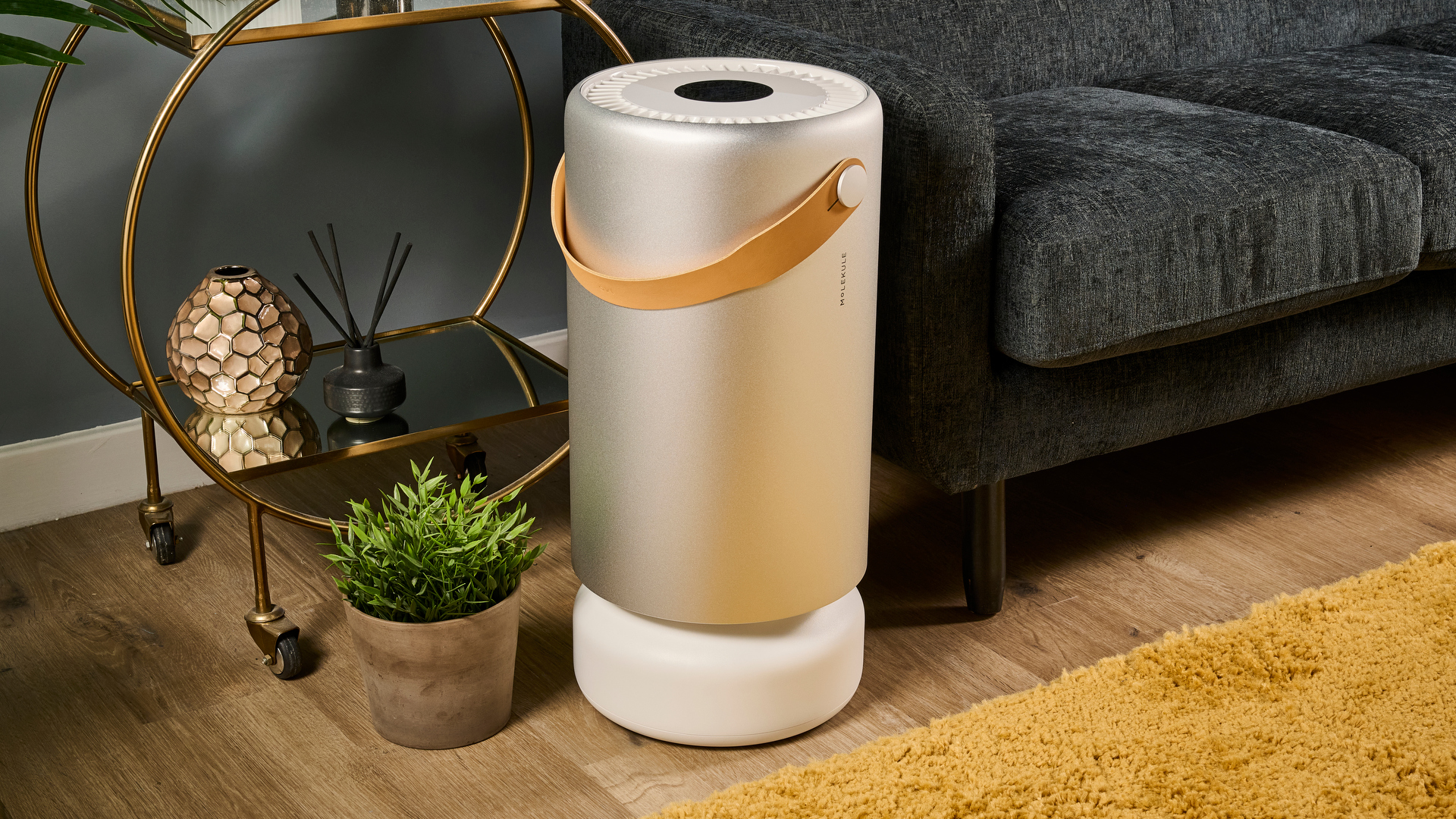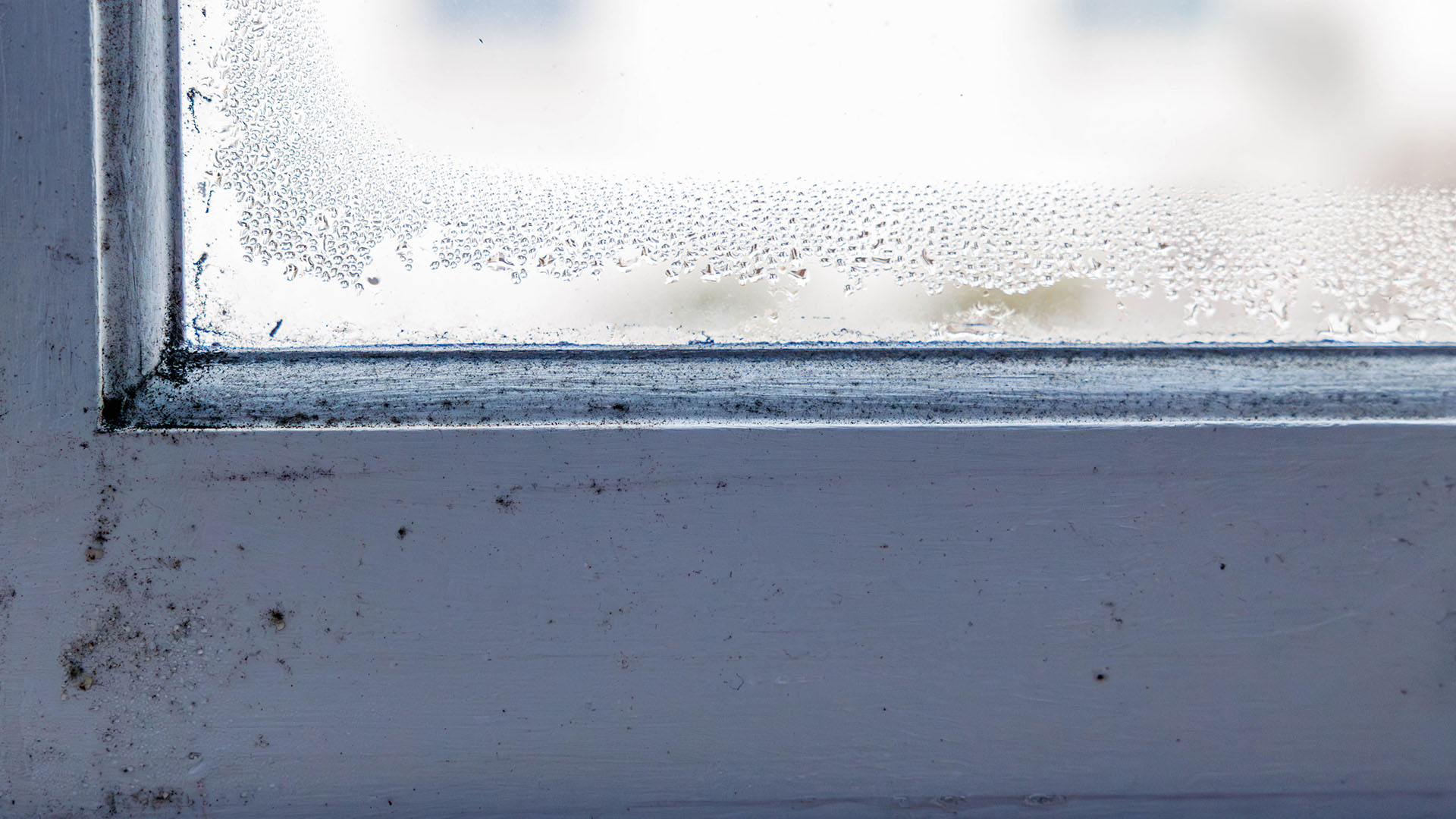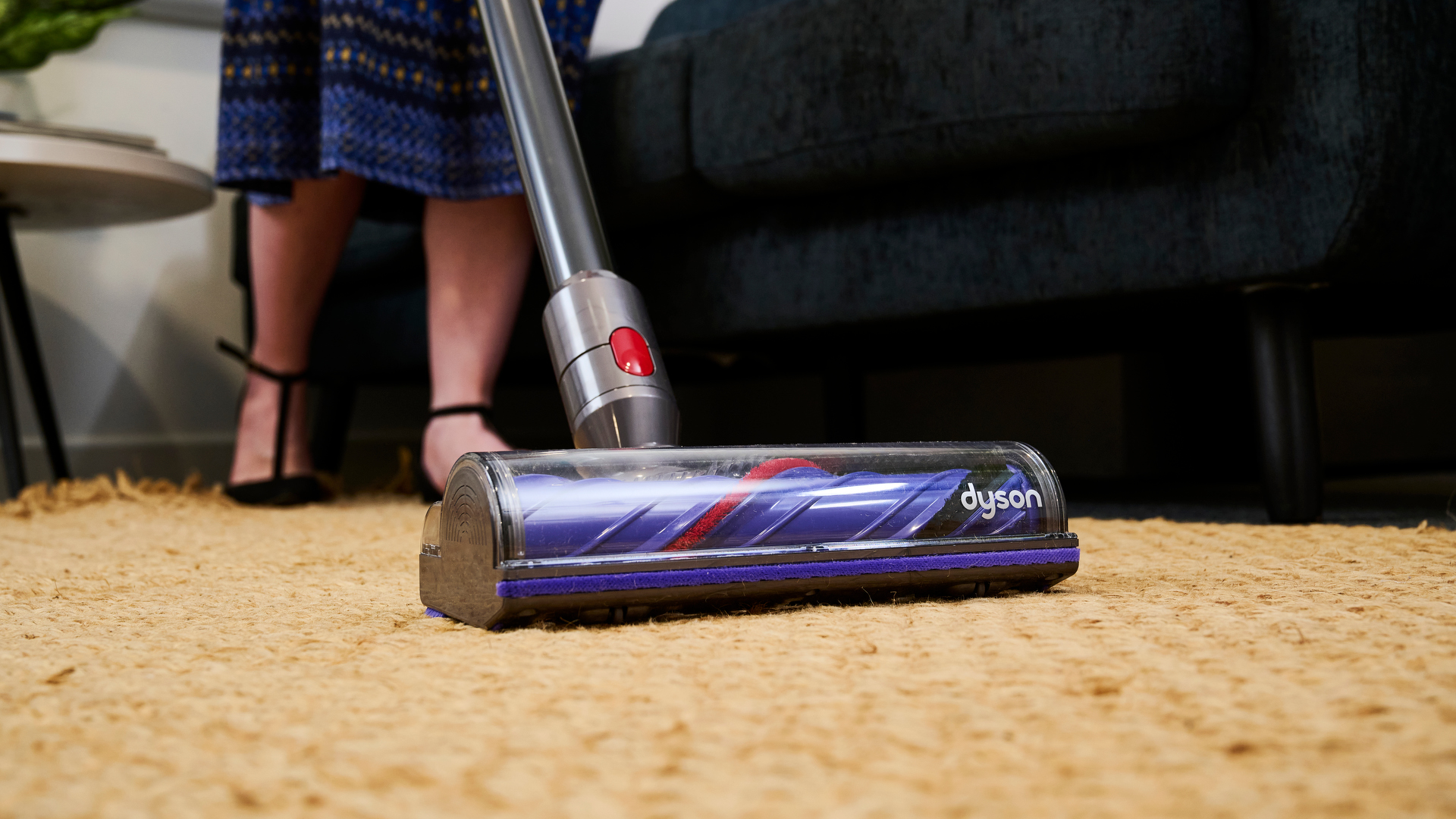
The best air purifiers are becoming increasingly popular, as society becomes more aware of the connection between indoor air quality issues and health issues. Having said, you shouldn't assume that an air purifier can help with everything single air problem.
As we explain in our article How do air purifiers work?, these devices are designed to remove various contaminants from the air, but they won't remove every single particle from your home environment. And there are some types of air purifier that are more effective than others.
So what are air purifiers good for, exactly? In this article, we'll address common indoor air quality concerns including dust, mold, allergies, pet hair, smoke and odors, and explain whether air purifiers can help.
Do air purifiers help with mold?
When mold grows in damp areas of your home, it doesn't just look and smell gross. It also produces tiny spores that reproduce, float in the air and can trigger allergies and cause respiratory problems when breathed in.
Air purifiers with HEPA filters can help remove some of these spores, which typically range from one to 30 microns in size, from your environment. Some air purifiers also include UV-C light technology, which can kill or inactivate mold spores. And thirdly, air purifiers that come with activated carbon filters can help reduce mold-related odors.
However, none of these things will actually address the root cause of mold growth, or remove mold that has already grown in your home. So in other words, an air purifier can help reduce the impact of a mold problem, but it can't stop it from happening, or continuing.

Do air purifiers help with allergies?
Air purifiers can be beneficial for allergy sufferers by removing common airborne allergens such as pollen, pet dander and dust mites from the air around you. This research on house dust mite allergies, for example, found evidence that air purifiers can help reduce allergic rhinitis symptoms in both adults and children.
Get daily insight, inspiration and deals in your inbox
Sign up for breaking news, reviews, opinion, top tech deals, and more.
However, while air purifiers can help reduce airborne allergens, they need to be used in conjunction with other allergy management strategies, such as regular cleaning and avoiding known triggers.
If you or your family have a problem with allergies, seek out air purifiers with True HEPA filtration, a high CADR for pollen and dust, and certifications from allergy organizations, such as the Asthma and Allergy Foundation of America.
Do air purifiers help with dust?
Air purifiers can be effective in reducing dust in your home. Dust particles vary in size, but many are large enough to be captured by standard air purifier filters. HEPA (High-Efficiency Particulate Air) filters are particularly effective at capturing dust particles. This type of filter is designed to remove 99.97% of particles as small as 0.3 microns in diameter.
Many air purifiers also include pre-filters that capture larger dust particles before they reach the main filter, extending the life of the HEPA filter. To maximize dust removal, look for air purifiers with what's called 'True HEPA' filtration, a high CADR (Clean Air Delivery Rate) for dust, and washable pre-filters for easy maintenance.
Note, though, that just using an air purifier won't keep your home dust-free. You'll still need to sweep, mop and vacuum, wash bedding, clean rugs, carpets, and furniture, and dust surfaces regularly. But as long as you keep doing all that, a good air purifier should reduce the amount of dust you breathe in.

Do air purifiers help with smoke?
Air purifiers can be effective in reducing smoke particles and odors, whether from wildfires, tobacco or cooking. However, the effectiveness depends on the type of filtration system.
HEPA filters can capture the fine particles found in smoke, which can be as small as 0.1 microns. It's good if these are complemented by activated carbon filters, which can absorb smoke odours and some of the volatile organic compounds (VOCs) found in smoke.
Some newer, advanced air purifiers use photo electrochemical oxidation (PECO) filters, which this study by Florida University found to be effective against smoke particles and VOCs.
Do air purifiers help with dog hair?
Air purifiers with HEPA filters can help with the smaller particles associated with pets, such as dander and some of the finer fur, but they're not primarily designed to deal with larger pet hair. This is why some models come with pre-filters, which can capture larger pet hair before it reaches the main filter.
If you have pets, look for air purifiers with washable pre-filters for easy removal of pet hair and, ideally, activated carbon filters to deal with pet odors.
While air purifiers can help with managing pet hair in your home, they're not a solution by themselves. Grooming your pets and using the best vacuums for pet hair are also essential as part of your overall strategy.

Do air purifiers help with smells?
Air purifiers can be effective in reducing many types of odors, but their success depends largely on the type of filtration system used. Activated carbon filters, which work by absorbing odor-causing molecules, are the most effective. Other filters that can help include those based on zeolite, a mineral that can trap odor molecules, and photocatalytic oxidation filters.
Finally, it's worth pointing out the obvious: the air purifiers will work best when combined with efforts to eliminate the original source of the smell.
Tom May is a freelance writer and editor specialising in tech, design and sleep products. Over the years he's tested a number of mattresses, duvets and pillows, and as a back pain sufferer, has a keen interest in finding ones that offer maximum support. Plus, in running a successful Airbnb business, sleep hygiene and providing the right bedding for guests has become a big part of his day-to-day life. He is author of Great TED Talks: Creativity, published by Pavilion Books.
